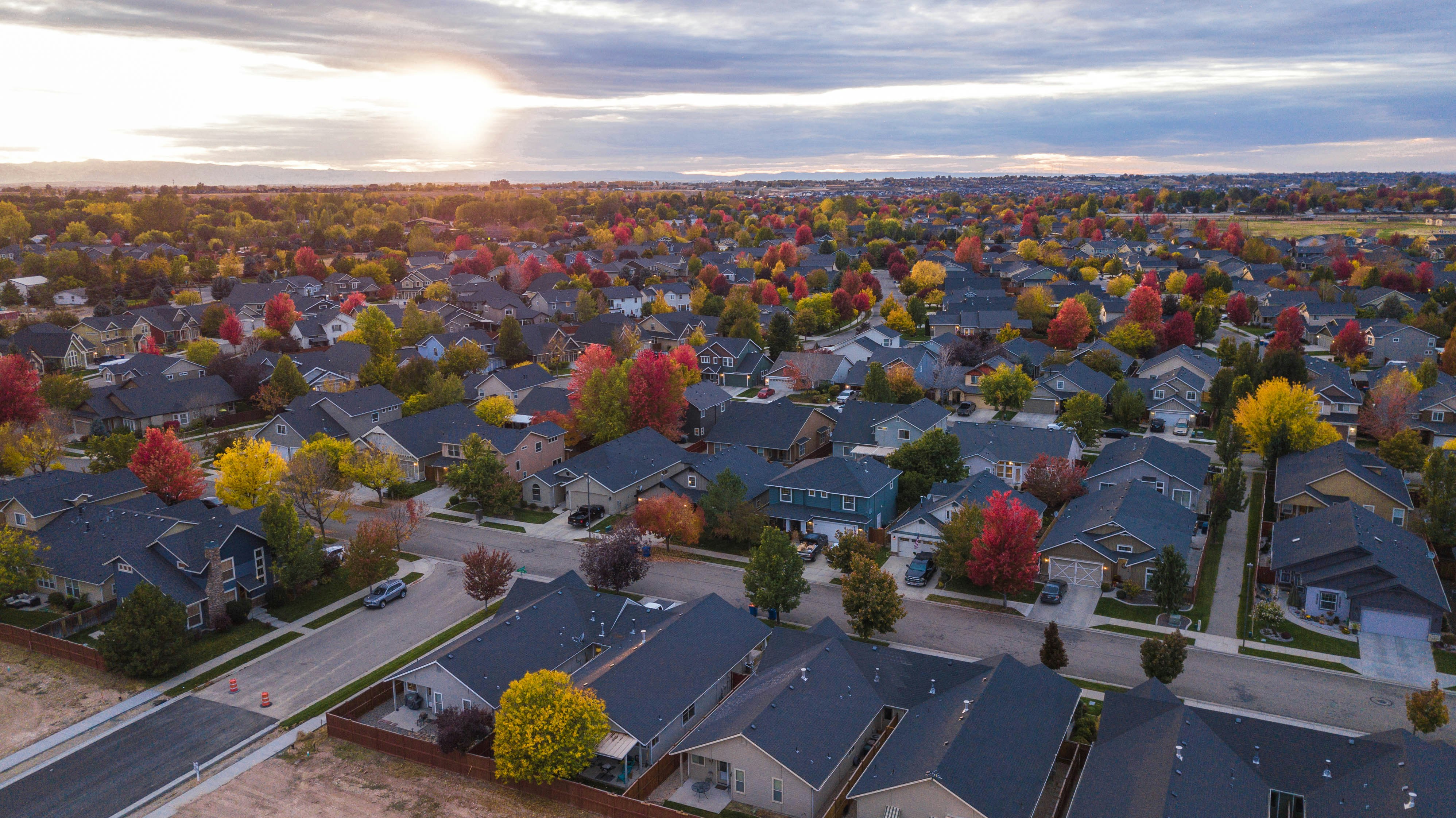Published on January 17th, 2023
Why Did My Property Taxes Increase After A Successful Grievance?
Your property is probably in a reassessing district
Aventine Properties | 3 min read

If we get you a reduction in 2022, it should be reflected on your next tall bill which, depending on how fast your local government works, would either be in the Fall of 2022 or in the Spring of 2023. Sometimes we get calls from clients concerned because they see that their tax bills increased for Fall of 2023. Why would that be? Well first off, it’s not a result of you grieving your property taxes. It’s actually quite illegal for your government to raise your taxes as a result of grieving. There are a few reasons that your taxes might have increased.
The town budget might have increased, which would mean that more money was required to fund programs and maintain the town that year. For most people, the most substantial part of your tax bill is probably going to be funding the School District’s budget. Good for teachers; making a decent salary! The other parts of your tax bill will pay for water, garbage collection, police, firemen, waste management, road maintenance, etc. And depending on the economy, weather, and condition of things, the town budget can widely vary between years. Secondly, it could be that they reassessed your town. If your home is in a reassessing district—meaning they reassess every year— this is to be expected. If this is the case for you, you should be grieving your property’s assessment every year in an effort to keep your taxes as low as possible. But if you were reassessed and don’t live in a reassessing district, then you just probably got a bit unlucky. Most districts don’t reassess annually. In fact, they don’t even have a schedule for reassessing. New York State reports that while some municipalities reassess every single year, others will go decades without reassessing properties.

Start Saving Money
File A Tax Grievance With Aventine Before the Deadline
Another way that your assessment can change to indicate a higher tax bill is if characteristics of your home change. If you make improvements to your home that require permits, the town may deem that the Fair Market Value of your home has consequently increased. These improvements don’t refer to little things such as adding backsplash or replacing a bathtub. It’s more big picture stuff like adding an inground pool, finishing a basement, or converting a garage. All of those are big improvements to a home that can add significant value to it which will be updated to reflect on your tax bill. Not to mention, even if you don’t pull a permit, you might get told on by annoying neighbors.
The best way to keep your property taxes nice and low is to file a grievance every year. That way, if they do reassess or the town budget increases, your starting point is lower than it would’ve been. The real estate market changes all of the time—meaning that there is always a chance that you could be overpaying in taxes. Whether you do it on your own or hire a professional, it is always a good idea to file a grievance. Because there is no payment required to start, and billing is contingent on whether or not we are successful, the process is entirely risk-free. If you wish to get started, please visit our filing page above.